Apple will close a retail store in China for the first time, marking a significant retreat in a market where the iPhone maker is struggling to revive sales.
Apple said it will close its store at Parkland Mall in Zhongshan District, Dalian City on August 9, due to the changing situation at the shopping complex.
Apple currently has about 56 stores in mainland China, accounting for more than 10% of its more than 530 stores globally.
The closed Apple store is one of two locations in Dalian. The other, a store in the Olympia 66 shopping complex, remains open.
Apple said employees at the closing location will be offered work opportunities elsewhere. The two locations are about 10 minutes apart.
Apple is trying to regain its footing in China. The company’s sales in the country fell 2.3% to $16 billion in the second quarter of fiscal 2024-2025, which ended March 29. Analysts had expected $16.8 billion.
China is facing deflationary pressures as weak consumption and global tariffs hurt exports, a key driver of the world’s second-largest economy . Retail sales growth missed forecasts, and home prices fell at a faster pace in June 2025.
Meanwhile, Apple will open a new store at Uniwalk Qianhai in Shenzhen on August 16. The company is also planning to open additional locations in Beijing and Shanghai next year. Apple opened a store in Anhui province in January 2025.
Apple will also soon expand with new stores in Detroit, USA as well as in the United Arab Emirates, Saudi Arabia and India.
A store in Osaka, Japan opened on July 26, and a new, large-scale representative store debuted in Miami, USA in January 2025.
The group also opened its first store in Malaysia last year.
While Apple is still adding new stores, overall retail growth has slowed since the pandemic began. Instead, Apple has focused on opening online retail stores in new locations, such as India and Saudi Arabia, and updating or relocating existing stores.
Apple isn't the only major brand pulling out of China's Parkland mall.
Earlier this year, the complex's majority shareholder took full control of operations, and retailers such as Coach, Sandro and Hugo Boss have not renewed their leases in recent years./.
Source: https://www.vietnamplus.vn/apple-thay-doi-chien-luoc-kinh-doanh-tai-trung-quoc-post1052685.vnp



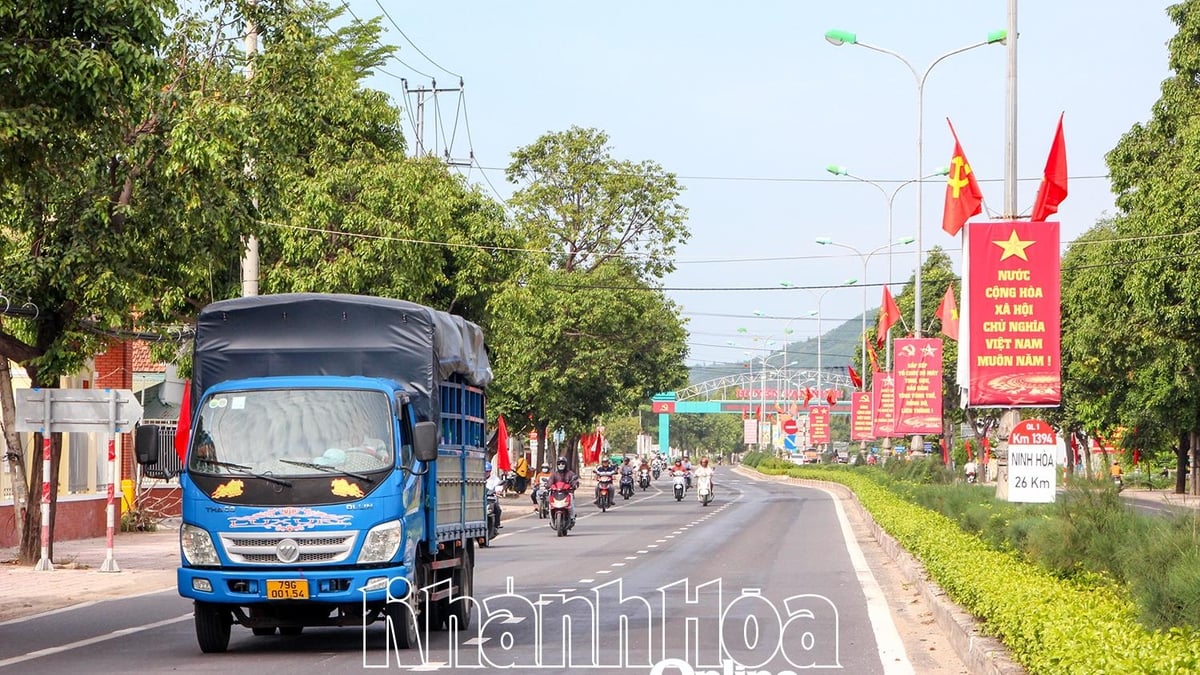
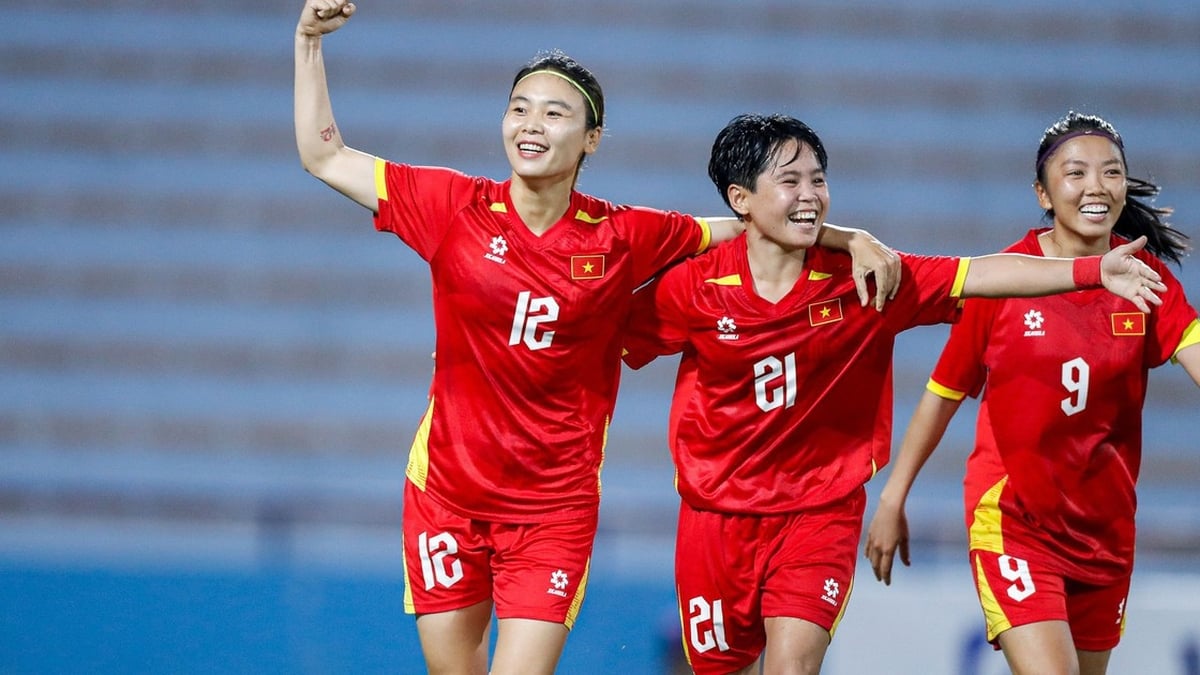

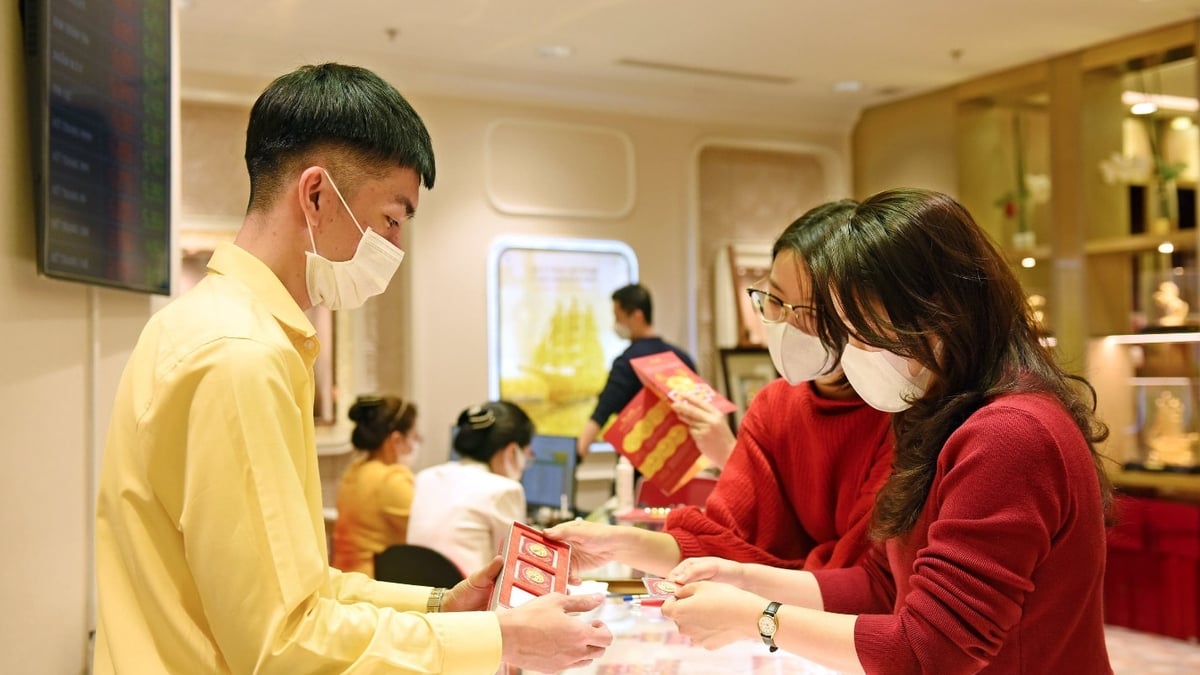
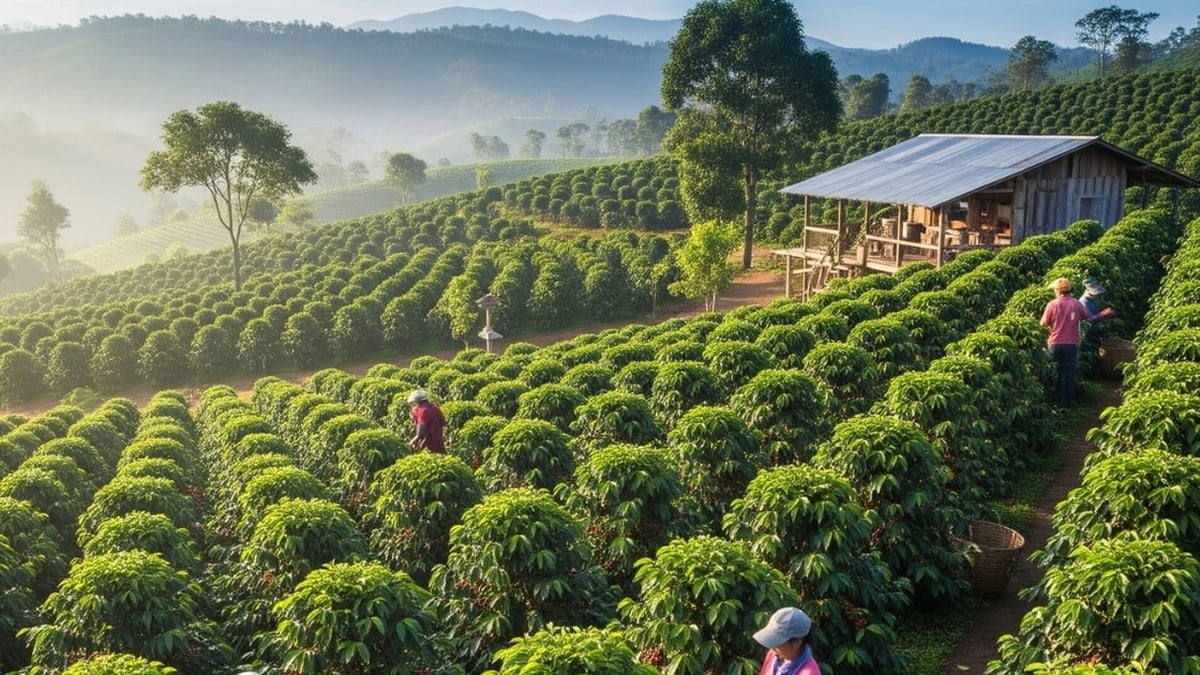
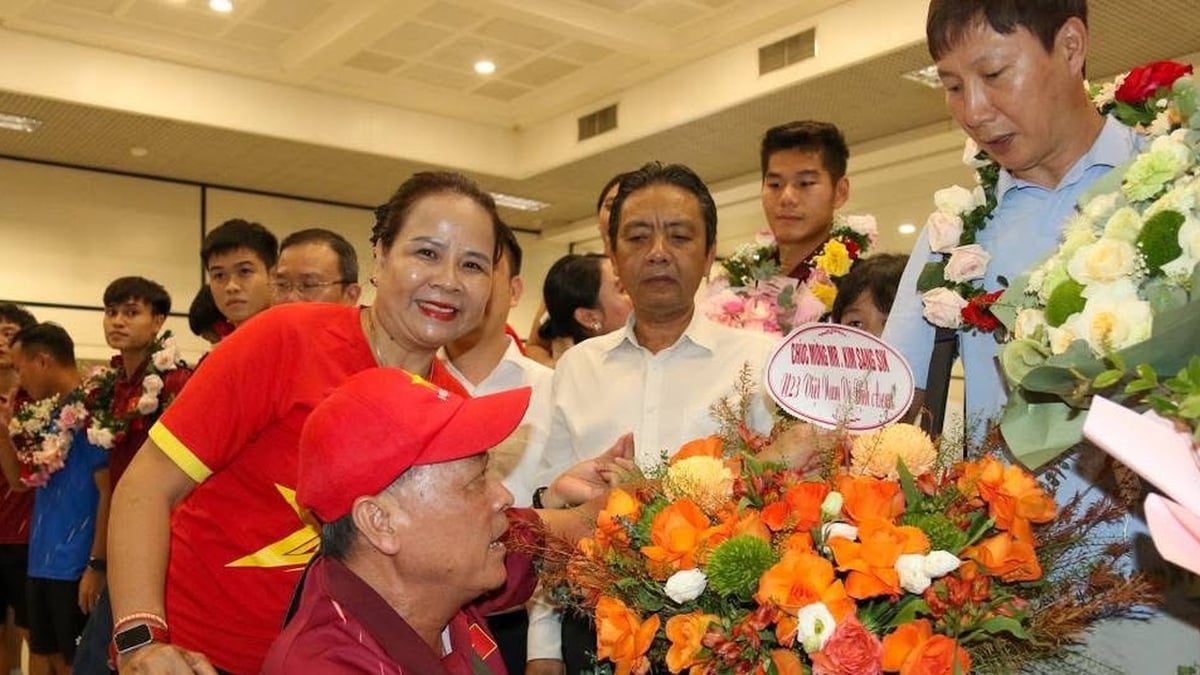
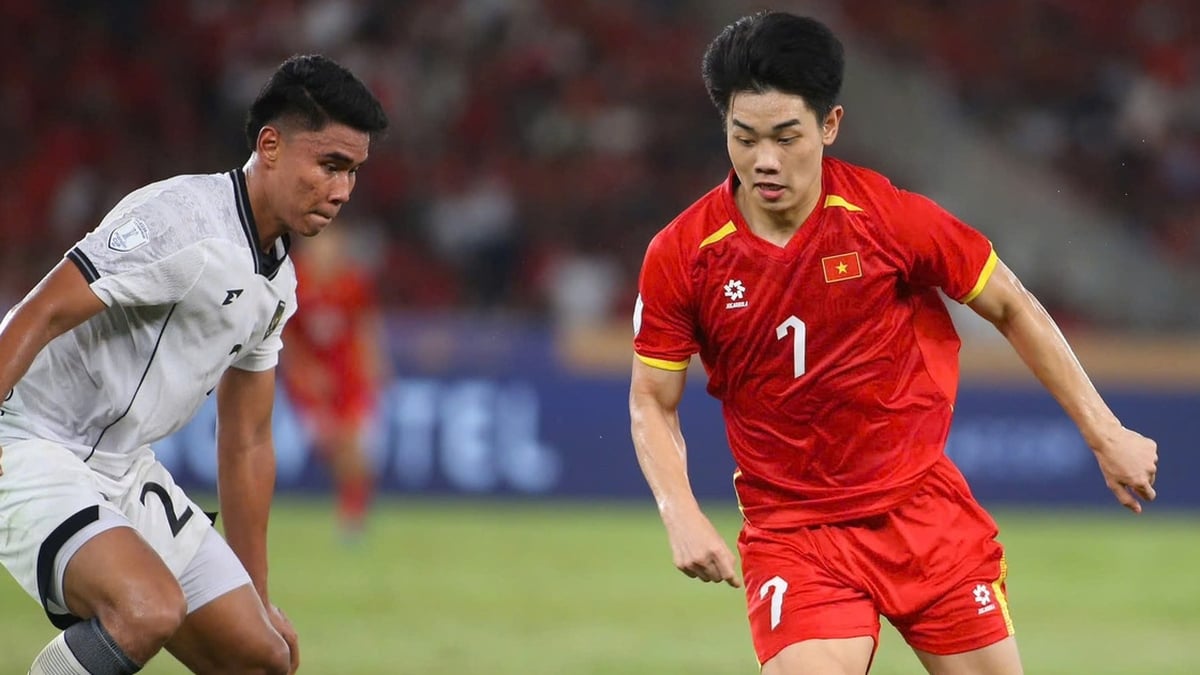

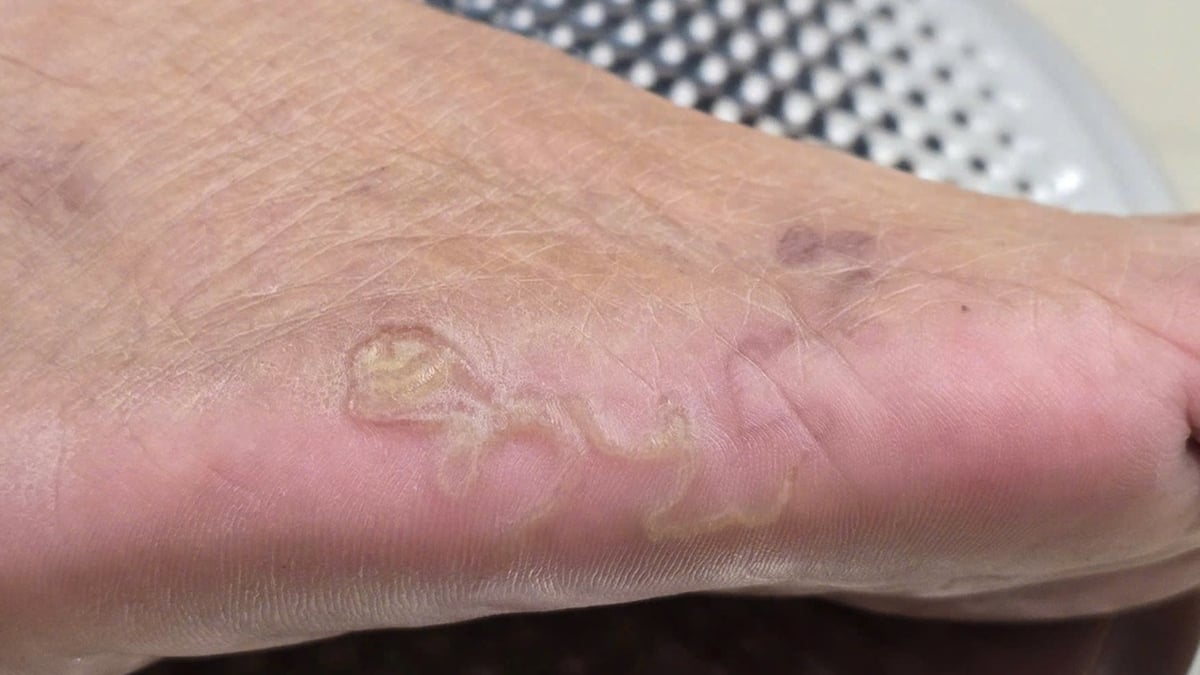












































![[Maritime News] Container shipping faces overcapacity that will last until 2028](https://vphoto.vietnam.vn/thumb/402x226/vietnam/resource/IMAGE/2025/7/30/6d35cbc6b0f643fd97f8aa2e9bc87aea)











































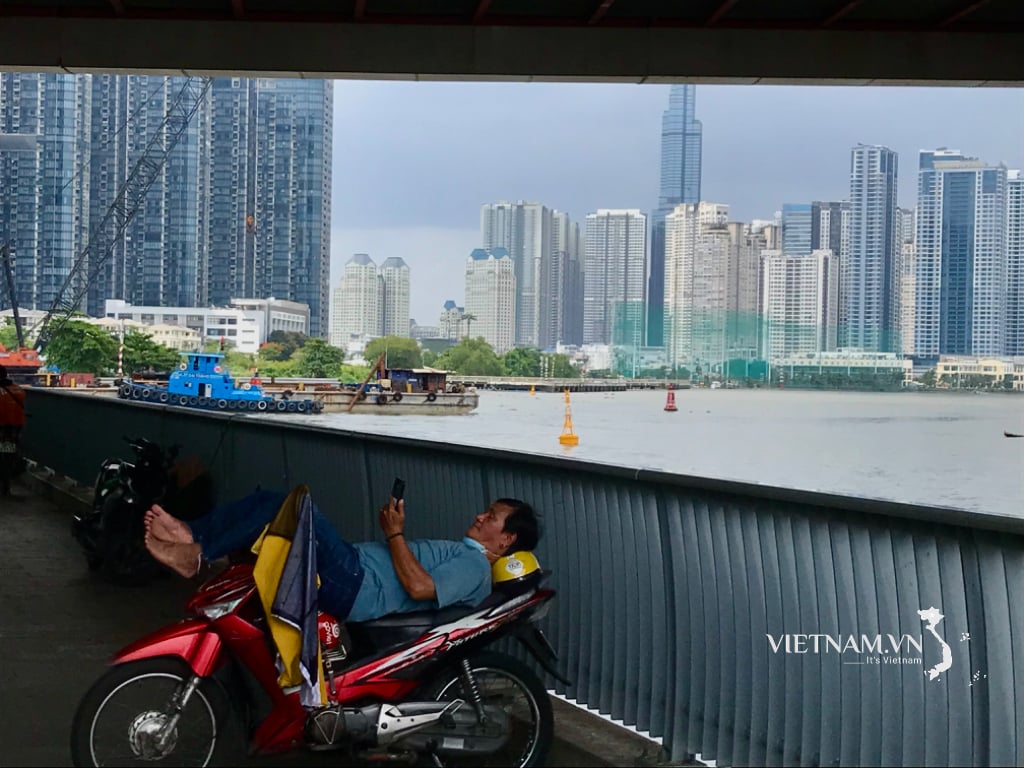

Comment (0)